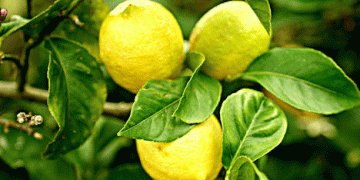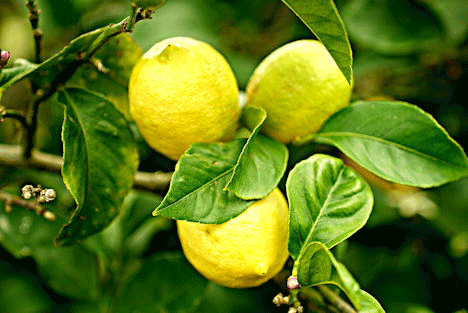In Turkey, the practice of bringing Meyer lemons to market before they reach full ripeness has raised significant concerns within the agricultural community. The Yüreğir Chamber of Agriculture has voiced strong objections to this practice, highlighting risks related to fruit quality and market dynamics. This article delves into the current situation, providing a detailed analysis of the potential consequences of early harvesting and offering recommendations for maintaining high standards in Meyer lemon production.
Concerns Over Early Harvesting of Meyer Lemons
The Yüreğir Chamber of Agriculture has issued warnings about the early market introduction of Meyer lemons, which are being harvested before they reach their optimal ripeness. Meyer lemons, known for their sweeter and less acidic flavor compared to regular lemons, require a full maturation period to develop their distinctive taste and aroma . However, the current trend of harvesting these lemons too early poses risks to the quality of the fruit and the stability of the lemon market.
Recent data from the Turkish Ministry of Agriculture indicates that Meyer lemons harvested before full ripeness often exhibit reduced flavor profiles and a less appealing appearance compared to properly matured fruit . A study published in HortScience found that early-harvested Meyer lemons have a lower sugar-to-acid ratio and less intense aroma, which can lead to consumer dissatisfaction and reduced marketability .
Impact on Domestic and Export Markets
The premature harvesting of Meyer lemons threatens both domestic and international markets. In the domestic market, consumers expect Meyer lemons to have a sweet, mild flavor and aromatic qualities. Unripe lemons fail to meet these expectations, which can lead to decreased consumer satisfaction and potential long-term damage to the product’s reputation .
For the export market, quality standards are even more stringent. According to recent reports from the Turkish Citrus Association, international buyers demand high-quality Meyer lemons with consistent flavor and appearance . Prematurely harvested lemons do not meet these standards and can result in rejected shipments and strained trade relationships .
A 2023 report from the International Journal of Citrus Research highlights that failing to adhere to harvesting schedules and quality standards can significantly impact a country’s export reputation, leading to losses in both market share and revenue .
Recommendations for Ensuring Meyer Lemon Quality
To address these issues, the Yüreğir Chamber of Agriculture has called for stricter adherence to harvest schedules and improved monitoring of Meyer lemon quality. Here are some recommended practices and strategies for producers to follow:
- Adhere to Harvesting Guidelines: Follow established guidelines for the optimal harvest time of Meyer lemons to ensure fruit is mature and meets quality standards. Meyer lemons should be harvested when they are fully colored and slightly soft to the touch .
- Strengthen Quality Control Measures: Implement rigorous quality control measures during the harvesting and packaging processes to ensure only ripe, high-quality lemons are brought to market .
- Enhance Monitoring and Regulation: Collaborate with the Ministry of Agriculture to enforce regulations that prevent the sale of under-ripe Meyer lemons and to ensure compliance with quality standards .
- Educate Producers: Provide educational resources and training for farmers on the importance of proper harvesting techniques and the impact of early harvesting on fruit quality and marketability .
Future Outlook
Maintaining high standards for Meyer lemon production is crucial for both the domestic and export markets. By adhering to proper harvesting practices and implementing effective quality control measures, Turkish producers can help ensure that Meyer lemons continue to meet consumer expectations and achieve success in international markets.
The early market introduction of Meyer lemons in Turkey presents significant challenges to the quality of the fruit and the stability of both domestic and export markets. Addressing these issues through adherence to harvest guidelines, improved quality control, and regulatory enforcement will be essential for preserving the reputation of Meyer lemons and ensuring the long-term success of the Turkish citrus industry.































